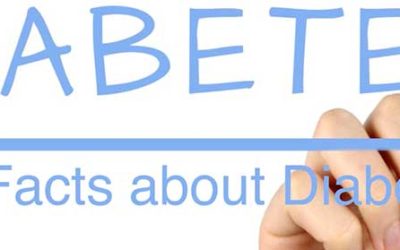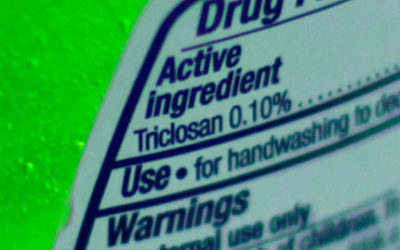Let’s first talk about what xylitol is. Xylitol is a sugar alcohol. The suffix “itol” is how you can most often identify a sugar alcohol. Ironically, sugar alcohols are neither sugar nor alcohol. They are basically water-soluble solids found in plants and berries whose carbohydrates are altered through a chemical process. These common sugar alcohols like sorbitol, maltitol, and erythritol are derived from cornstarch.
Xylitol is actually manufactured from birch wood, corncobs, and the stalk residue from sugar cane. Sugar alcohols are low calorie sweeteners used instead of sugar in many foods.
So, is Xylitol Good for Diabetics?
The simple answer is: Yes. Xylitol (and other sugar alcohols) are natural. They are not artificial sweeteners like Splenda or Aspartame. The body also breaks them down rather than just letting them pass through.
Diabetes is the inability to handle glucose, which is the body’s primary energy food, but which we get altogether too, too, much of in our diets. Anything that allows us to decrease the amount of glucose (found in processed starchy foods , table sugar, and especially in our high-fructose corn syrup sweetened soft drinks) in our diets helps us cope better with diabetes. A recent study using xylitol on diabetic rats showed that it helped to normalize all of the laboratory markers for that condition.
Xylitol sweeteners are available for purchase at most stores, and are popular in health food stores. These products can be used the same as typical table sugar. Xylitol reacts the same as table sugar in baking, cooking, or dissolving in liquids. The only place xylitol should not be substituted is for recipes that require a hard crack, like a crème brulee.
So what are the Downfalls of Sugar Alcohols?
Sugar alcohols, like xylitol, are not calorie free. Xylitol, however, does contain 40% fewer calories than table sugar. Sugar alcohols also can cause digestive discomfort, including bloating, gas, and a laxative effect, for many people when eating too much. And dogs can’t tell it’s not sugar so they respond with more insulin and the drop in sugar that results can be lethal. KEEP XYLITOL AWAY FROM YOUR DOGS.
If you have never consumed a sugar alcohol before, it’s important to start in moderation. Many people never have a problem with using these sweeteners, but others are much more sensitive. Typically up to 20 grams per day is fine for individuals, but again, we recommend starting in moderation to see how xylitol or any other sugar alcohol effects your digestion.
Related Articles
15 Facts About Diabetes
There are a lot of facts about diabetes, but you probably weren't aware of these 15. You might be wondering why a xylitol website is talking about diabetes. Well we support a healthy sugar free lifestyle, and encourage readers to choose...
Triclosan Banned From Soaps, But Not Toothpaste
In September, the Food and Drug Administration placed a ban on soaps and certain antibacterial chemicals which contain 19 different chemicals, one of them being triclosan. The FDA has given companies one year to remove the chemicals from their...
If Not Sugar, Then What? Your Best Sugar Alternatives
Given the new information about the sugar industry paying researchers to downplay the role sugar has in heart disease, finding sugar alternatives to sweeten our food with seems to be an important task. Finding an alternative to sugar isn’t...
Documents Found Show Sugar Industry Shifted Blame to Fat
New documents recently found show the sugar industry paying researchers to hide effects of sugar on heart disease. During the 1960s, scientists promoted saturated fat as one of the leading causes of heart disease. According to recently found...
Is Your Dentist Recommending Xylitol? Why Not?
Xylitol is the most effective way of preventing tooth decay we know of.
Does Xylitol Make a Good Sweetener?
Health conscious people recognize that sugar and artificial sweeteners present serious problems for your body. Over the years, artificial sweeteners have been linked to everything from neurological disorders to cancer, and more. While the results of these studies are...











